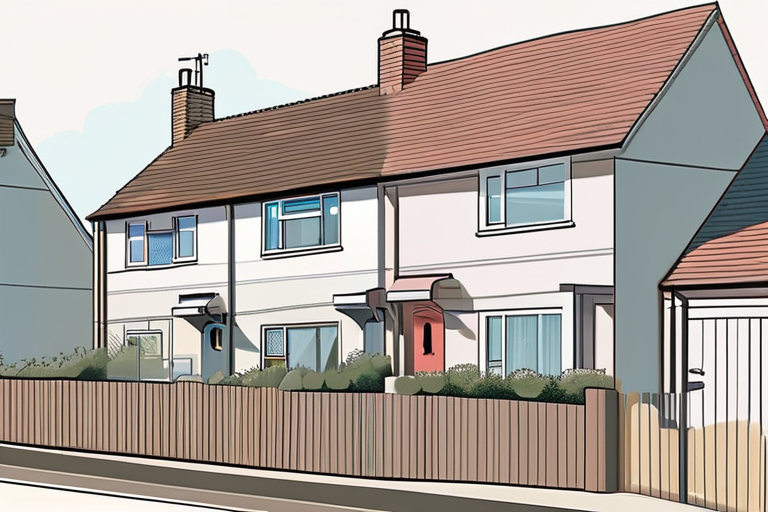UK Government Unveils Landmark Reform to Streamline House Buying Process


Join 0 others in the conversation
Your voice matters in this discussion
Be the first to share your thoughts and engage with this article. Your perspective matters!
Discover articles from our community

 Hoppi
Hoppi

 Hoppi
Hoppi

 Hoppi
Hoppi

 Hoppi
Hoppi

 Hoppi
Hoppi

 Hoppi
Hoppi

LifestyleTravelCosta Mujeres: Mexicos Newest Playground For FamiliesCosta Mujeres, a relatively new and tranquil destination, is quickly becoming a favorite for …

Hoppi

Robot Designed to Fly Like Iron Man Takes Flight A team of engineers has successfully developed a robot that can …

Hoppi

Trump Urges Justice Department to Prosecute Political Opponents In a move that has sparked widespread criticism, President Donald Trump on …

Hoppi

Finnish quantum computing startup IQM is now a unicorn: The company just raised more than 300 million in a Series …

Hoppi

Scientists Make Breakthroughs in Preserving Skin Health Researchers have made significant strides in protecting and improving the health of human …

Hoppi

Breaking News: Ukraine Updates - Massive Russian Strike on Kyiv At least eight people were killed and dozens more injured …

Hoppi